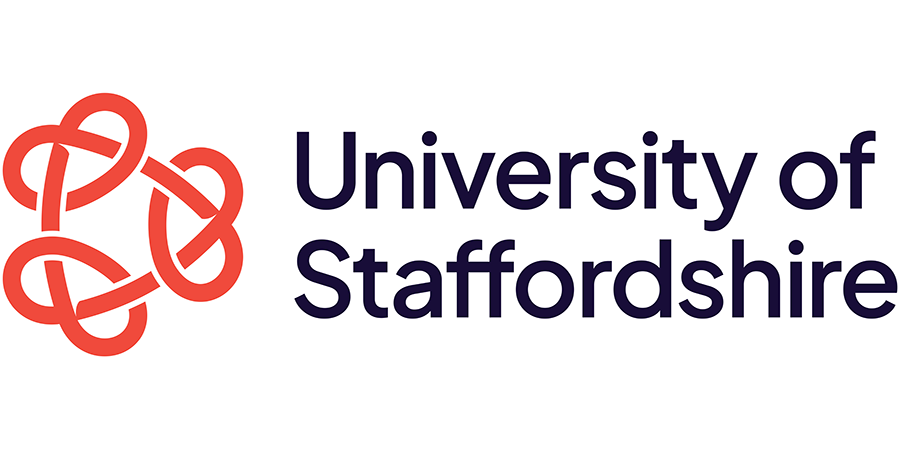We have already relayed reports based on the research carried out at Staffordshire University in the UK on the attitudes of football fans with respect to homophobia and gay football players.
A new academic article by Ellis Cashmore and Jamie Cleland based on this research will soon be published in Norteastern Univeristy's Journal of Sport and Social Issues, but can already be viewed HERE.
Here is the abstract of the paper:
Only one association football (soccer) player in history [Justin Fashanu] has declared his homosexuality during his professional active playing career. Before or since that player’s death in 1998, no other professional footballer player has come out. The prohibitively traditional culture of association football is popularly regarded as being responsible for this.
Fans habitually use homophobic epithets to abuse players. In recent years, England’s governing organizations have cautiously addressed this state of affairs, though ineffectually.
The present study uses online methods to explore fans’ and industry professionals’ perspectives on gay players and the impact their failure to come out has had on the sport. The article, which is based on the responses of 3,500 participants, seeks to answer three questions: (1) Why do fans, who urge gay players to come out, use homophobic language to barrack players? (2) If gay players disclosed their sexual orientations publicly what effect would this have on them personally, on football culture generally and on conceptions of masculinity in sports? (3) What prevents gay football players coming out? The overwhelming majority (93%) of participants in the study oppose homophobia and explained the homophobic abuse as good-humored banter or, in their argot, “stick.” An unusual logic is employed to make this intelligible.
Participants argue that an athlete’s ability to play football is the only criterion on which he is judged and his sexuality is of little consequence to their evaluations.
Although few participants encourage forcible outing, the majority welcome openly gay players, whose impact would be transformative. Football clubs and agents are cited as the principal impediments to a more open and enlightened environment: participants argue that they pressure gay players to keep their sexuality hidden and so contribute to a culture of secrecy, which permits and perhaps commissions continued homophobic abuse. Participants speculate that the continued absence of openly gay players actually reproduces the apparent prejudices. One fan concludes, “The homophobia in footballwill remain for longer if no gay players come out.”
Featured events
| 7-9 September 2012 Brussels Games Brussels  Learn more HERE. | 26-28 October 2012 QueergamesBern Bern, Switzerland  The success of the first edition of the QueergamesBern proved the need for an LGBT multisport event in Switzerland. This year will be even bigger, with badminton, bowling, running, walking, floorball. Learn more HERE. | 17-20 January 2013 Sin City Shootout Las Vegas  Learn more HERE. | 13-16 June 2013 IGLFA Euro Cup Dublin  Learn more HERE. |
Friday, September 2, 2011
New article based on TopFan research
Subscribe to:
Post Comments (Atom)


No comments:
Post a Comment